punk-jazz > dub weekender > Kairo EP launch
Thursday, 27/03/14
Trio Riot! A great, and fitting, name for an excellent young free-jazz combo. Considering they're from Manchester (from where they drove just for this gig), Sweden and Switzerland, it's amazing they're able to overcome the logistical obstacles to rehearsing, recording and touring, but it seems to be working at the moment. Two saxophones and drums combining structured compositions and improvisations, they bring to mind Ornette Coleman via Polar Bear (and, to a lesser extent, Led Bib). Lib, Dave and I were especially impressed by David Meier on drums. Fortunately they got a full cafe audience, attentive and enthusiastic, so I hope they considered the long journey down and back to be worth it.
Pontins, Prestatyn, North Wales
Friday 28/03/14—Sunday 30/03/14
Speaking of long journeys, the next morning I was on a coach all the way up to North Wales for the United Nations of Dub weekender. This was held in a Pontins holiday park, which took some getting used to (a very "Babylon" aesthetic!), but I stayed at a little campsite a short walk across some fields. Alan had encouraged me to go after he found out about this from our Cork City friends Benjamin and Jeremiah (Revelation Sound System). They were meant to be playing but never showed up, so there was no one there who I knew. Altogether quite an interesting experience. As well as just immersing myself in dub, skanking and chilling for a weekend, my reason for being there was to distribute a stack of demo CDs of my saz playing dubbed over some classic dub tracks (King Tubby, Scientist, Prince Jammy,...):
Again, this was Alan's idea — his enthusiasm is infectious — to make contacts among DJs, producers, sound systems and musicians involved with the dub scene, looking to work with like-minded souls either live or in the studio. "To do for the saz what Augustus Pablo did for the melodica," as he put it. So I burned a load of discs and printed out an explanatory note to go with each, handing them out to anyone interested or to unsuspecting DJs who'd just finished playing a set I could relate to.
I was a bit taken aback by how little of the music I heard I could relate to. On one hand, I liked it all, the totality of it (it's a bit like Deadheads' feelings for the Grateful Dead live work, even the shoddier periods — "Even when it's bad it's good!"). On the other I was dismayed at how much it has become infused by techno and drum'n'bass, how synthetic sounding almost all of it is, how it all seems to be chasing after some hi-tech future rather than being rooted in something ancient (as the classic dub sounds sound to me). The demographic was also a suprise — I was expecting 40s and older, not realising how active the young dub scene is. The bulk of the crowd were 20-something party people, jumping enthusiastically in double time (relative to my old-school sway) to this souped-up dub sound. It's as if dub has somehow been affected by a kind of amnesia and now effectively sees itself as a branch of electronic dance music. Presumably dubstep has led a lot of young people backwards to its origins, so that's a pleasing development. But unfortunately, we've ended up with this fairly soulless (I find) pumped up dance music with dub basslines and occasional Rasta-themed samples.
On the second day I discovered there was a little upstairs "Selecter's Lounge" for smaller sound systems to play short sets (making use of the perfect-sized "Biscuit Tin Sound System" rig). The place was decorated up beautifully, with sofas and cushions, so I ended up spending the bulk of my time up there. Downstairs there was a cavernous space hosted by Mungos Hi-Fi with some of the bigger names (Don Letts, Adrian Sherwood) and a few semi-live sets. On the first night in there I saw Suns of Dub and handed a CD to the melodica player at the end (their music referenced Augustus Pablo, which was a relief to my ears). Later I realised he was Addis Pablo, Augustus' son, so I have no idea what he'll make of my (probably futile) attempt to do for the saz what his dad did for the melodica!
The biggest space was for the night-time soundclashes. The first night was just Jah Shaka, but I was feeling worn out by the time he was playing, and despite a little bit of token Burning Spear to get my hopes up, even the mighty Shaka quickly descended into the kind of over-busy digi-dub that the kids want to hear these days. The following two nights each involved four big-name sound systems competitively taking turns to win over the crowd with 15-20 minute mini-sets (Aba Shanti-I, Iration Steppas, Jah Tubby's, Massai Warrior, et al.). Again, the sound system tradition of always trying to have the latest tunes and giving the people what they want to hear won out, so there was no rootsy dub from the '76-'82 "Golden Age". The volume was ridiculous, the bass feeling like it was making my skin flap about — just not enjoyable — so I headed back to my tent quite early on both nights.
I was quite struck by the energy of OBF, the only non-UK soundsystem to take part in the clashes. They're a bunch of young French dub-heads, a very modern looking rig, very modern sounding tunes, the whole crew dancing furiously behind their decks while their sets thundered out their orange speaker stack, no dreadlocks or Rasta-looking gear, it was all baseball caps, short hair, T-shirts and trainers, a look I'd associate with drum'n'bass (possibly their original way into dub). I noticed when they launched into their first tune the whole place swung around to face them and started moving with another level of energy...having just been reading about Anglo-French hostilities in centuries past, I saw them as as the sonic equivalent of a band of Norman archers, letting fly a volley of arrows at their rivals. The soundclash format still generates a level of excitement even if the styles of music aren't really to my liking.
The final day I enjoyed sets up in the Selecters' Lounge from Fullness (a.k.a. Gavin, who seemed very enthused by the idea of saz-in-dub) and Disorder (just playing some good old-fashioned roots reggae, such a relief to the ears!) and some Italian, French and Spanish sound systems (they still really go for the big dreadlocks, Rasta hats, funny pseudo-Jamaican accents in a way their white British peers have fortunately moved away from, but somehow it's quite endearing).
I don't seem to be able to do the stay up late/sleep late thing (I get up early and then tire early just while everyone else is getting into it...), but as nothing happened until mid-afternoon I was able to get in a couple of pleasant morning walks — one along the sand dunes paralleling the sea and another up onto Offa's Dyke (which ends at Prestatyn).
Going to a dub weekender on your own is a bit problematic, even if you're quite sociable — it's just too loud to converse with anyone — smiling and nodding is the primary communication with strangers. So it's hard to meet anyone. Waiting for the bus home at the bus stop opposite the venue, though, I ended up getting involved in some digital-v.-analogue reasoning with Livity International (who'd been there with the King Earthquake soundsystem) and an Italian producer/DJ living in Brixton working in a record shop and living his sound system dream. Livity agreed with me about the soullessness of a lot of the music ("There's just too much emphasis on dub. Where's the music? Where's the message? I represent roots and culture, plain and simple"), but being deeply involved in the culture it has a different meaning for him. I went away wishing someone would organise a "Golden Age of Dub Weekender", strictly pre-digital sounds!
Despite my seemingly negative attitude though, I have to say it was the most peaceful crowd imaginable (as you'd expect!), and I felt completely comfortable and accepted just being there in my solitude. Dub has been around for almost forty years, and has from the very beginning drawn on the latest technology to create spaced-out consciousness-elevating sounds. Unlike roots reggae, which has largely traded on nostalgia and cultural recycling, dub is a truly evolutionary form, and the amount of young people who were happily dancing all weekend suggests that it will continue to evolve (while I cling to my idea of what it "should" sound like!) Big respect to I-mitri and everyone else involved in UNOD for putting together this peaceful musical gathering.
Bramleys, Canterbury
Monday 31/03/14
Having got the coach back down from North Wales, I arrived just in time to see Jouis supporting Kairo, a bit of an unmissable lineup. It's good to see Bramleys getting used as a music venue a bit more. Kairo are putting on monthly gigs hosting bands from outside the area, a valuable function as there aren't really venues booking decent non-local bands in the way that there were a few years ago.
I'd been reading several history books about Canterbury during the journey (something I'm finally starting to get into), so when the coach finally orbited part of the city wall and swung into the bus station through the old Ridingate I had a strange moment of "cognitive consonance": "Oh, yeah, this is the place I've just been reading about for the last few hours...". Walking from the bus station via St. Georges clocktower, Burgate, the Buttermarket, Sun Street to Orange Street (formerly "Prince of Orange Lane"), every street, every corner, many buildings and other features were suddenly imbued with layers of story where before I'd just seen the stonework. Walking into Bramleys and seeing so many familiar faces, and having been working my way from the Iron Age up to the late 20th century, century-by-century, it became more apparent than usual that history is a process we are inside, not something "finished" which we can examine, as if it were some kind of museum. This was part of the history of the place, as was everything else going on in the city that night. But these interweavings of the same few dozen people, certain currents of music, it has a certain magic about it, it's not just entertainment or commerce. That evening I felt like perhaps with the waning influence of the church, the relevance of one's parish, one's allegiance to a patron saint associated with a consecrated site in the locality, a sort of localised spiritual community, has been replaced by various other social forms (supporting sports teams being an obvious other one). I was back in my parish, an invisible, floating parish with no fixed altar, ritual or belief structure, but music was (as with the parishes of old) acting as a binding force.
Before Jouis started, their two Joe's (the rhythm guitarist and the bass player) both played a couple of their own songs (just voice and guitar). The former has a very strong voice and classic guitar style, the latter's songs quirkier and perhaps more intriguing (but the intricate lyrics were partially lost among the background chatter from the bar). The band have finally finished their album (I've heard it, it's fab!) and were sounding magnificent, as always, just more confident and mature than ever. The combination of the four-part harmony vocals and the lead guitarist's array of textures and effects, Louis' choice of keyboard sounds (Nord Electro, good choice), their clear love and appreciation of classic psychedelia...it all works so well. They're from Brighton, but have been affiliated with Canterbury for most of their existence since Liam from Syd Arthur got to know them in their early days, so they have a local following here. As with Rae, these affiliations are leading to some nice expansions-of-musical-horizons. One of their tunes could easily be dropped into a Boot Lagoon set without anyone noticing.
This was Kairo's EP launch, their debut record, recorded at the studio space in Brighton that's part of the premises where most of Jouis live and rehearse. Phil Holmes (he of Lapis) played tenor sax on it, but had left the band since it was recorded, so he came along as a guest to play on a few songs. Jamie Dams' voice has always been stunning, but she's really coming into her own now. Again, there's a confidence behind it, the perfect sensitive rhythm section, interesting song structures (a lot of people would struggle to describe what "kind of music" this is), a quality of writing, playing and singing that could propel this trio into a much wider awareness before long. Just not too fast too soon, let's hope!


















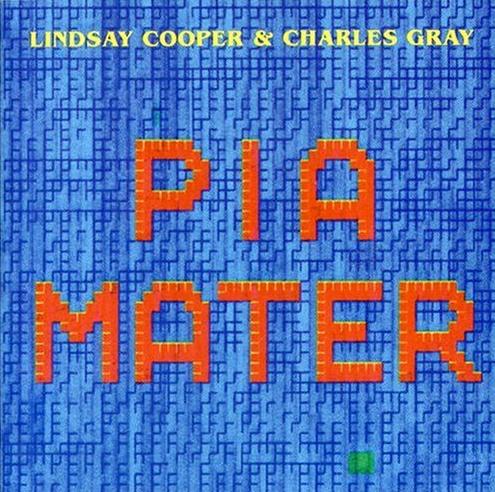
































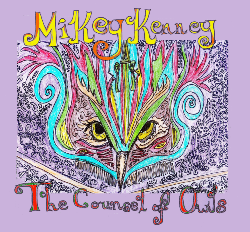



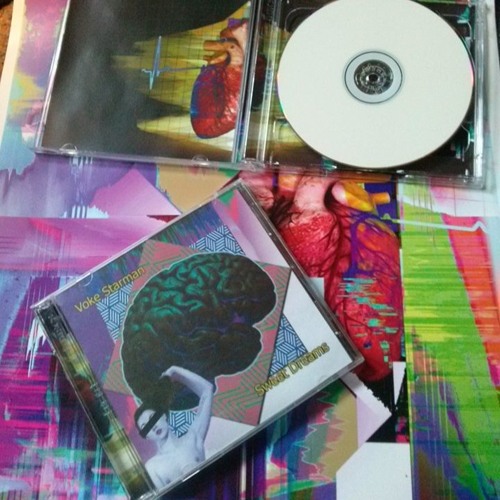



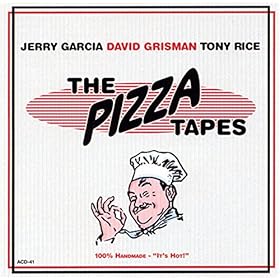

























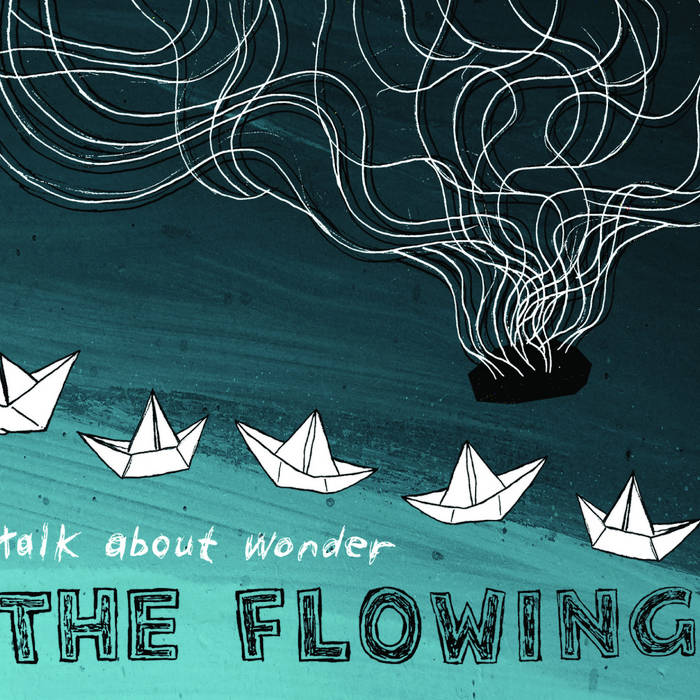












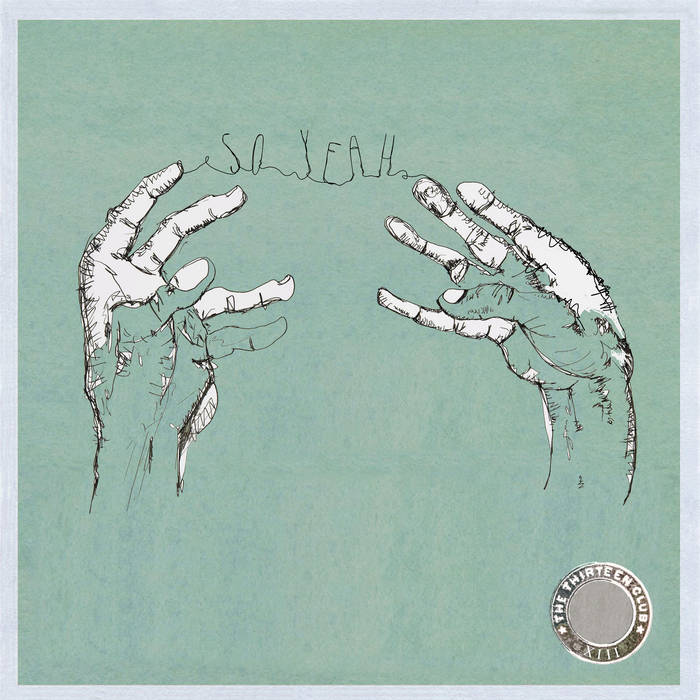







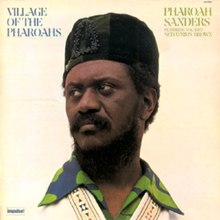











































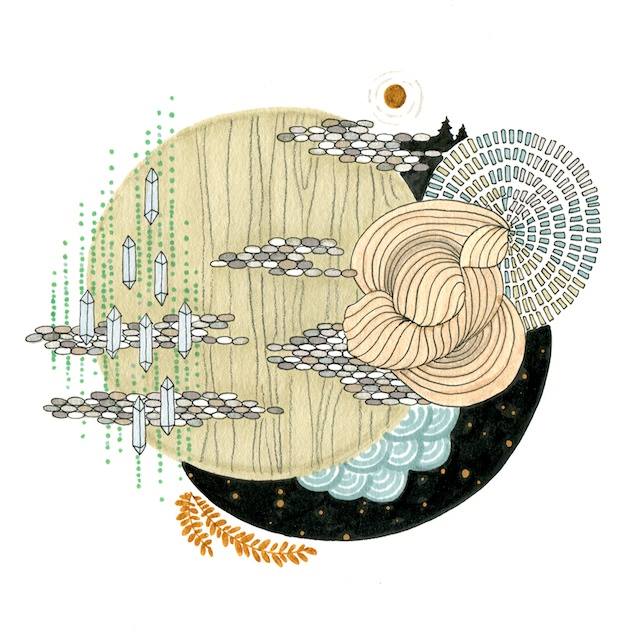





































































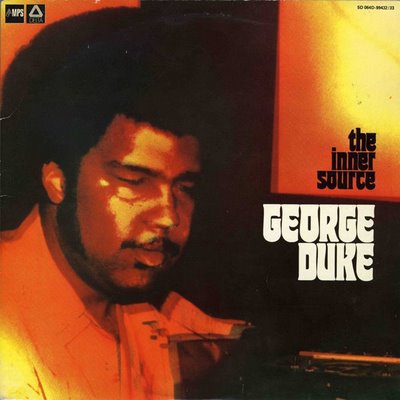












































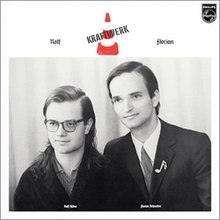


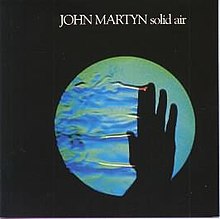



















































































































































































































































































































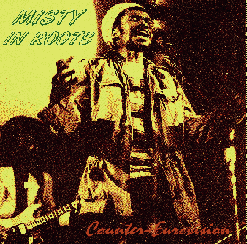





















































































































































































































































































































0 Comments:
Post a Comment
<< Home